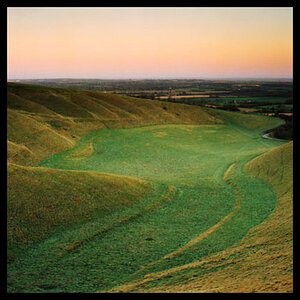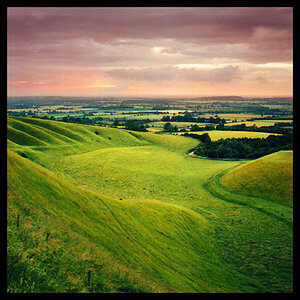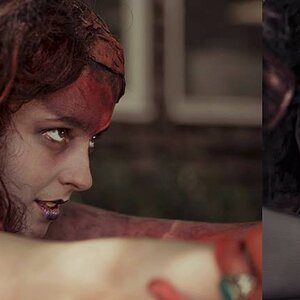Derrel
Mr. Rain Cloud
- Joined
- Jul 23, 2009
- Messages
- 48,225
- Reaction score
- 18,941
- Location
- USA
- Website
- www.pbase.com
- Can others edit my Photos
- Photos OK to edit
Real photographers shoot on glass plates coated with emulsion they have mixed themselves.
"If it ain't wet plate, you're a lazy pretender."
"If it ain't wet plate, you're a lazy pretender."













